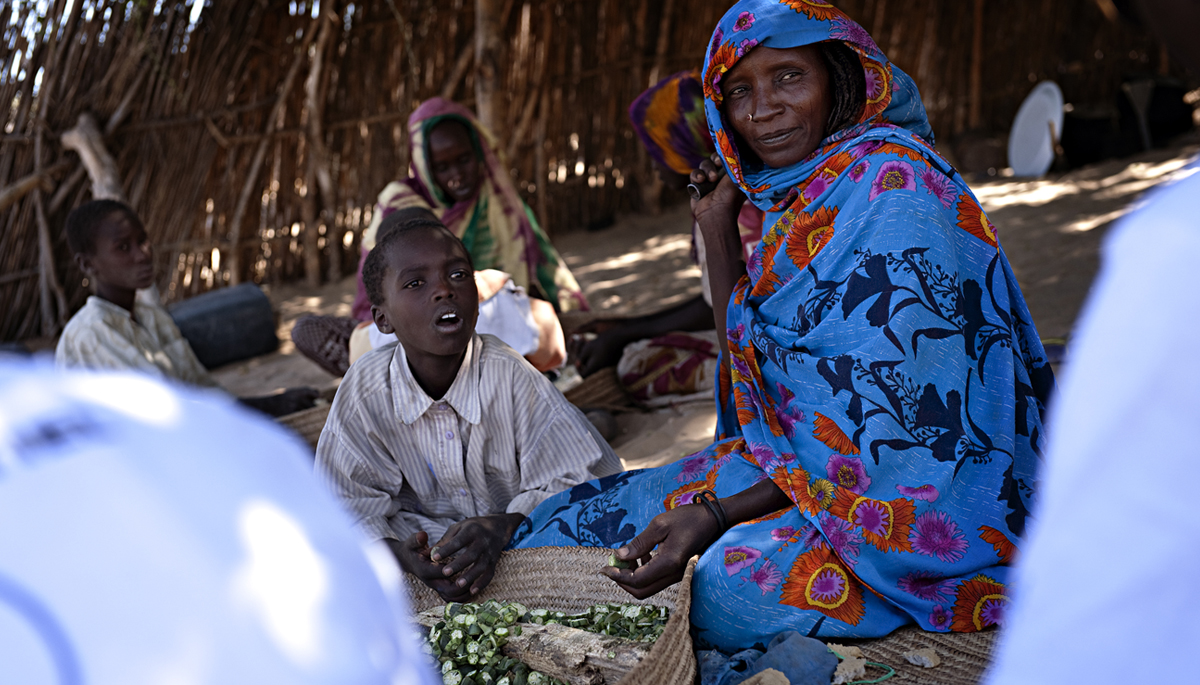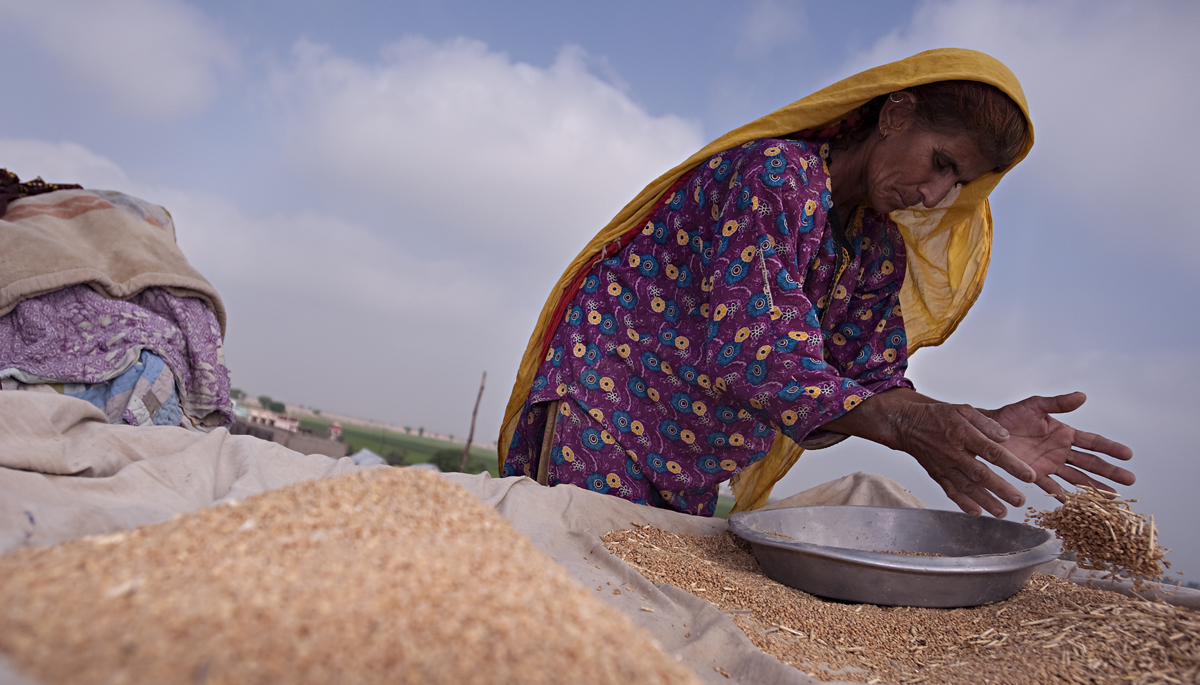Ending hunger in the world: A challenge for us all
The Rome Declaration on Food Security defines food security as existing «when all people, at all times, have physical and economic access to sufficient, safe and nutritious food that meets their dietary needs and food preferences for an active and healthy life». Since the 1960’s, the availability of food worldwide has grown significantly, reaching levels sufficient to feed twice the world’s current population. Unfortunately, rising food prices, poverty, natural disasters, conflicts and problems with access to and distribution of food prevent vulnerable populations from meeting their basic food needs.
Today more than 800 million people suffer from chronic under-nourishment and some 800 million lack access to drinking water.
100 million children under the age of 5 are under-weight and each year malnutrition causes the death of some 2.5 million children1 . Hunger constitues the primary health risk in the world. Each year it kills more people than AIDS, tuberculosis and malaria combined. These alarming figures highlight that the fight against hunger is a global challenge. The right to adequate food should be respected for current and future generations.
Encouraging self-sufficiency of vulnerable populations to ensure their right to food
In Senegal the aim is to encourage local populations to develop the knowledge and skills necessary to meet their own basic food needs. To that end, the project «Cheptel» (livestock) was put in place in the Tambacounda region-a region heavily affected by poverty. The project aims at fighting child manutrition and improving food security among the poorest households through goat husbandry and goat milk production. It helps to ensure basic food security for rural populations; it generates revenue for the families through the commercialisation of goat dairy and meat products; and, the impacts are multiplied because each beneficiary commits to share the first goat kids with other vulnerable families, which creates a positive community dynamic and promotes solidarity.
In the Occupied Palestinian Territory, the blockade
imposed on residents has heavy consequences on food
security. In the Gaza Strip, 10% of the children under the
age of five have stunted growth, 12.7% suffer from chronic
malnutrition and 3.9% are severely malnourished. The
SIF programme to fight malnutrition helps to improve the
nutrition of some 10,000 3 to 6 year-old schoolchildren
in the poor neighbourhoods of Gaza, covering their daily
nutritional needs through the distribution of milk and
enriched biscuits. These special foods were developed
by nutritionists to ensure the proper intake of proteins,
vitamins, fats and nutrients needed for growth. In just one
year, one could observe a dramatic drop in growth stunting
and anemia among children beneficiaries.

Hunger and malnutrition have even more dramatic effects
on the most vulnerable parts of the population: children.
[1] Source: FAO media centre - Food and Agriculture Organisation of the United Nations

